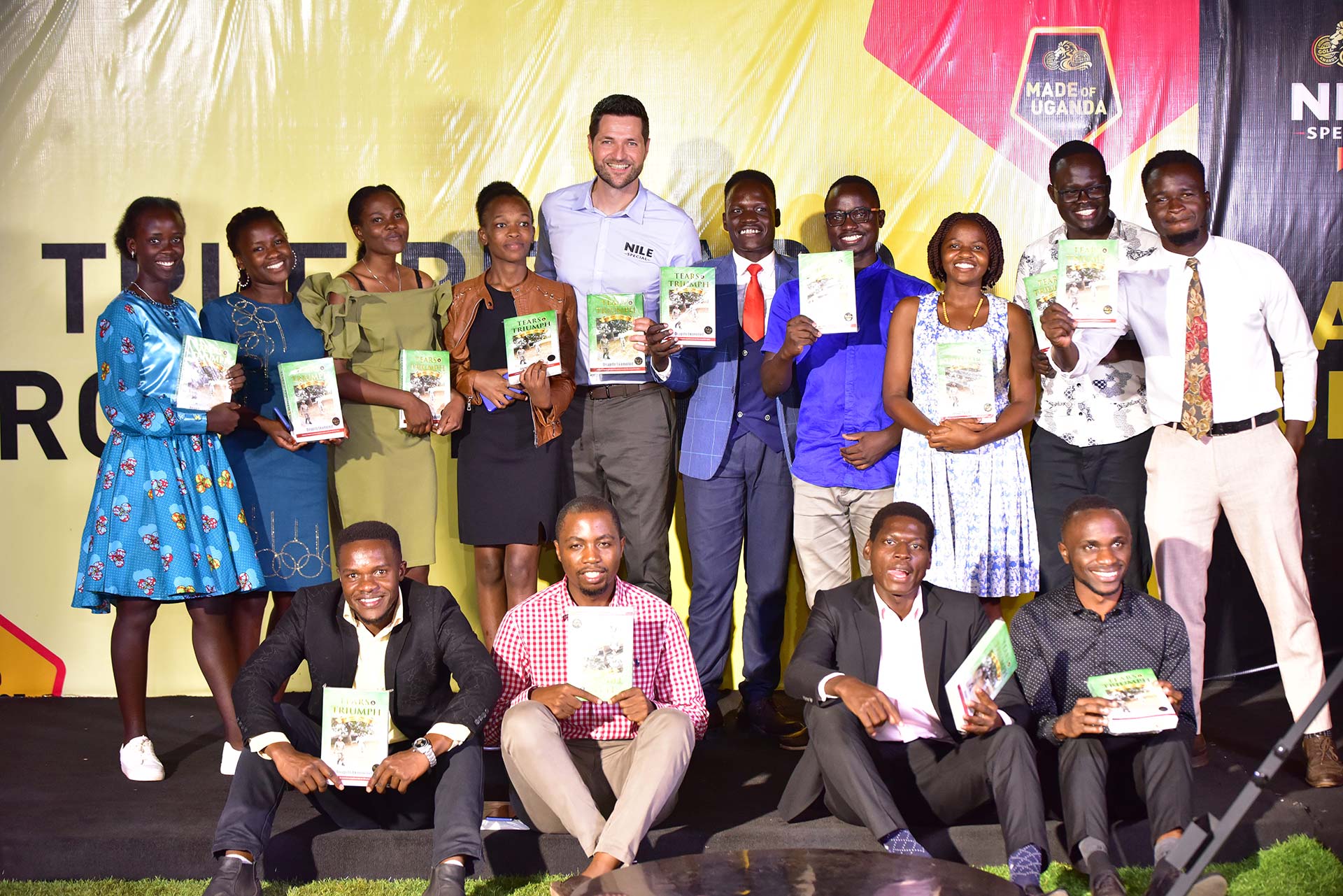EQUITABLE EDUCATION
BACKGROUND
The NBL Equality Scholarship (ES) programme was started in 2011 to provide financial support to top-performing pupils at PLE level from selected districts across Uganda. This initiative focused mostly on students from areas that produce sorghum and barley for the company.
The Equality Scholarship aimed at bridging the income gap and allowing academia to blossom—bringing life-long changes to the fortunes of poor households through quality education. Through this program, rural farmers’ were able to take their children to the best and most elite schools in the country.
The students were supported with 100% tuition and a significant allowance towards their welfare right from Senior One up until completion of their university courses.
Selection Criteria
Annually, the company sought to sponsor the best performing pupils at PLE level from the districts of Apac, Amuria, Bukwo, Mbarara, Kabale, Kibale, Mubende, Kiryangondo, Nebbi, Soroti, Ngora, Kamuli, Oyam, Rakai, Kitgum, Kaberamaido, Kapchorwa, Kumi, Pallisa and Serere.
To ensure that the selected pupils were from disadvantaged schools, all institutions located within major towns in the selected districts were excluded from the competition.
We relied on data provided by the Ministry of Education, Uganda National Examination Board (UNEB), and district education offices to identify schools in which the beneficiaries were selected.
The beneficiaries would then be enrolled into the elite Ugandan secondary schools that partnered with NBL for this program. These included Gayaza High School, Mt St Mary’s Namagunga, Nabisunsa Girls School, Uganda Martyrs Namugongo, St Mary’s Kitende, Seeta High School, Kings College Budo, Ntare School and St Marys’ College Kisubi.
Where We Are Now
The Equality Scholarship Program has supported over 72 beneficiaries.
- 20 of the students have completed and graduated from Makerere University, Kyambogo University, Mbarara University of Science & Technology, Lira University, Kabale University and KIU in fields of Medicine & Surgery, Engineering, Law, Economics, Education and Biochemistry.
- 4 of the students are privileged to work with NBL in our commercial and production teams.
- 42 are still at university, while 10 are sitting their UACE exams in 2023.
We are excited to share that these students have maintained their immaculate academic record and they always emerge among the top performing students in UCE & UACE annually.

Investment Made
From inception in 2011, Nile Breweries Limited has invested over 3.4Bn Ugandan shillings in this program.
As a business, we pride ourselves in giving back to society and strongly believe the impact we have made will reach even more beneficiaries in Uganda.
It takes a village to raise a child, and NBL is proud to be a part of this village. Quoting the great Nelson Mandela, “Education is the most powerful weapon which you can use to change the world”.
Impact of The Program
- Academic Excellence. By sponsoring their education, the initiative has motivated the students to be more dedicated and competitive in school, elevating the overall academic performance.
- Access to Higher Education. Through providing financial support to top-performing students who might otherwise face financial barriers to education, the equality scholarship has increased the likelihood of students pursuing higher education and advanced degrees. Inevitably, this has expanded the pool of qualified individuals in the country’s workforce.
- Strengthening Corporate Social Responsibility (CSR). Nile Breweries Limited is committed to sustainable social development which is right at the core of this initiative.
- Socio-Economic Upliftment. This program has equipped talented students with the skills and knowledge to contribute to the development of their communities and country. Furthermore, the initiative has empowered students with the potential to become future leaders and change-makers in the country.
- Building sustainable relationships with the local communities and stakeholders within the ecosystem.